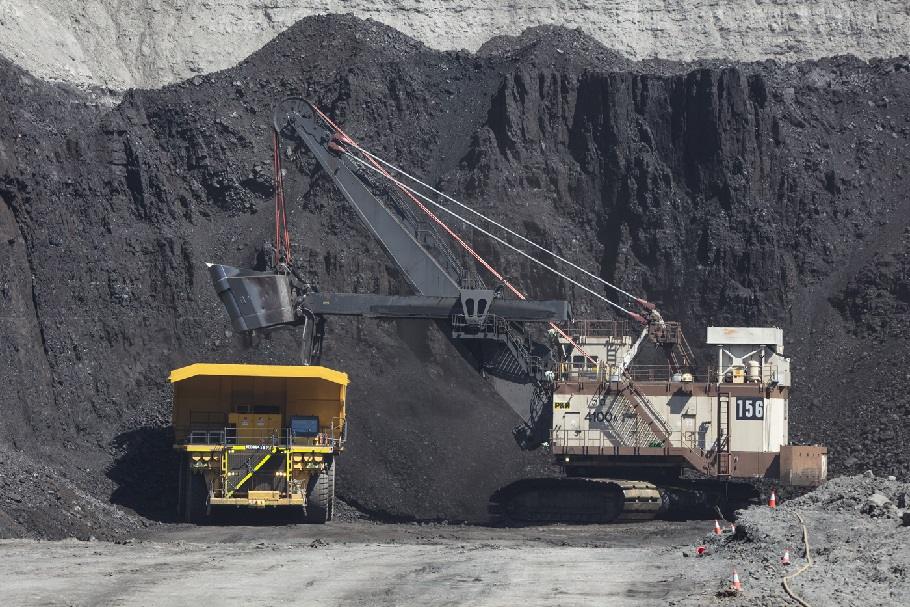EY Survey Finds ESG, Decarbonization Top the List of Risks & Opportunities for Mining & Metals Industry
Professional services firm EY published the results of a study exploring the top risks and opportunities facing global metals and mining companies, indicating that ESG issues and climate concerns have become top of mind in the sector.
For the report, EY surveyed more than 200 global mining and metals mostly C-Suite executives, between June and September 2021. The top risk, reported by 25% of the executives, was “Environment and Social,” after being ranked as #4 last year. Coming in at #2 was decarbonization, also moving up from last year’s survey.
According to EY, these issues are beginning to make their way into the companies’ corporate strategies, as investors increasingly factor non-financial considerations into their investment decisions, and as sustainability-focused reporting requirements grow.
Paul Mitchell, EY Global Mining & Metals Leader, said:
“As stakeholders continue to hold miners accountable for environmental and social practices, purpose, long-term value and sustainability are no longer add-ons to business as usual – they are themselves business as usual. In such an uncertain and shifting environment, we are likely to see greater use of data science, scenario planning and data modelling to guide more intelligent decisions and create differentiation.”
Within the environment and social categories, “Local community impact” was the issue reported as receiving the most scrutiny from investors. This follows the high-profile scandal over the destruction in Australia of ancient sites with cultural significance to indigenous groups last year during mining operations by Rio Tinto that resulted in the resignation of several top executives at the mining giant, including the company’s CEO. Other top environmental and social issues included water management, green production, diversity, and biodiversity.
On the “opportunity” side, achieving higher ESG ratings is expected to enable access to more attractively priced capital.
The survey indicated that decarbonization is now viewed as a major disrupter in the sector, as can be seen most clearly in the coal markets, as several top investors divest from coal companies, and finance and insurance companies reduce their exposure to the sector. Several mining companies, such as Anglo American have also moved to exit the sector. The drive to decarbonization is also viewed as a potential source of opportunity, with several companies looking to invest in the development of greener products, such as hydrogen and the platinum group metals.
In terms of their own decarbonization plans, the survey found that most companies have already set targets to achieve net zero, with over two-thirds aiming to reach the goal for Scope 1 and 2 emissions before 2040, and nearly 80% setting scope 3 net zero targets as well. Switching to renewable energy is expected to be the most meaningful contributor to achieving operational net emissions reductions, followed by fleet electrification, efficient equipment, and offsets & credits.
Mitchell added:
“Focus on long-term value will be critical if miners are to develop a sustainable license to operate strategy and reshape themselves for the future. The days of working solely to deliver quarterly results are over. The impetus instead needs to be on stakeholder value in its broadest sense; the value that they bring to customers, people and society, in addition to their own bottom line.”
Click here to access the survey.





